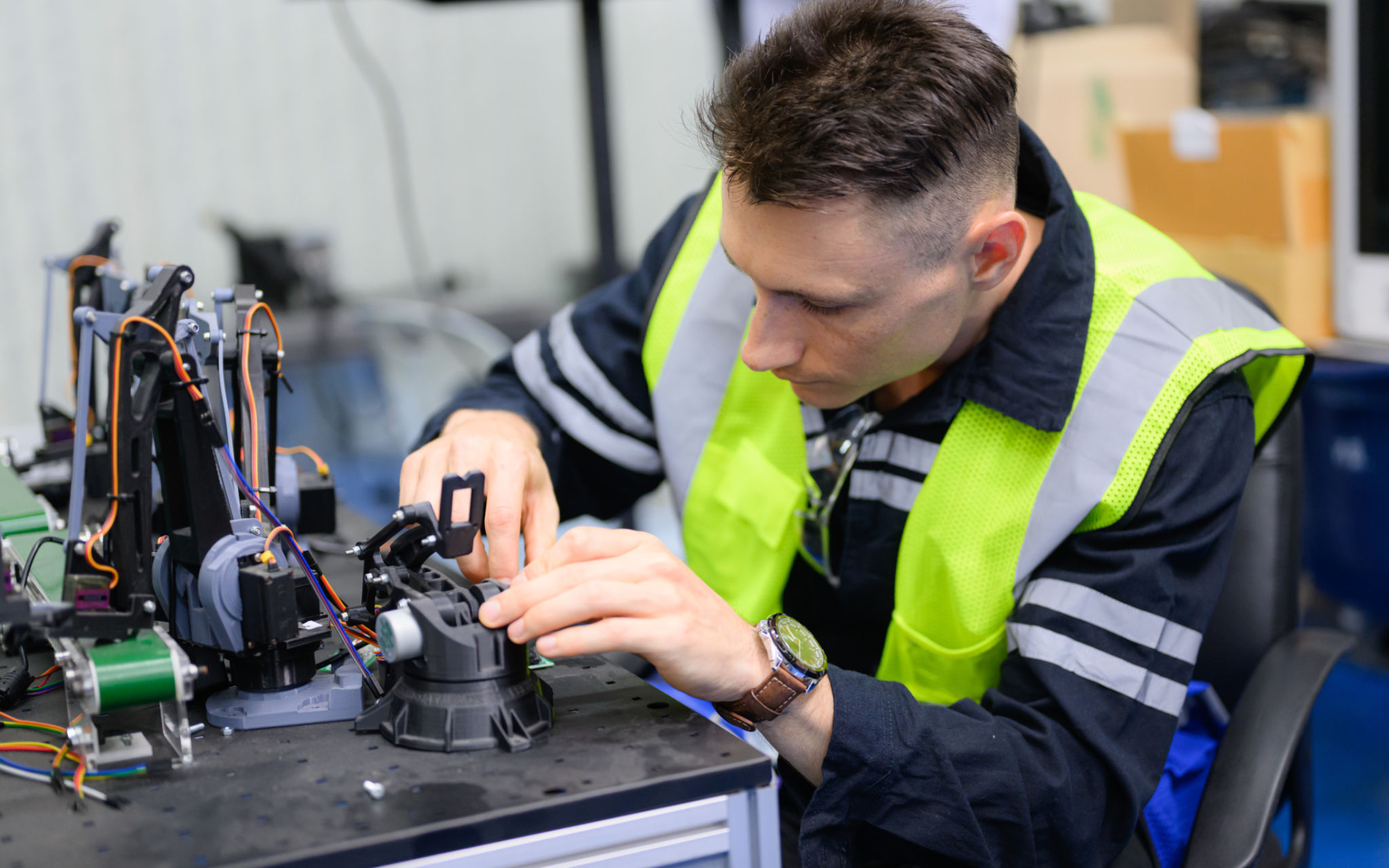Guide to CNC Tool Maintenance: Best Practices for Longevity
In the world of manufacturing, CNC (Computer Numerical Control) machines are pivotal for precision and efficiency. However, to ensure these complex machines run smoothly, regular maintenance is crucial. Proper care extends their lifespan and enhances performance, ultimately saving time and costs.

Understanding CNC Tool Maintenance
Maintenance is more than just keeping your CNC machines clean. It involves a comprehensive approach that covers everything from routine inspections to timely replacements of worn-out parts. This practice not only prevents unexpected breakdowns but also ensures consistent quality in production.
Routine Inspections
Conducting regular inspections is the first step in effective maintenance. Start by checking for any visible signs of wear and tear. Look for unusual noises or vibrations during operation, as these can indicate underlying issues. Regularly inspect the lubrication system to ensure all moving parts are adequately oiled.

Cleaning and Lubrication
Keeping your CNC machines clean is imperative. Dust and debris can accumulate, leading to malfunctions. Regularly clean the machine’s interior and exterior surfaces. Additionally, ensure proper lubrication of all moving parts. Use the manufacturer’s recommended lubricants to avoid any compatibility issues.
Replacing Worn-Out Parts
Even with regular maintenance, parts will eventually wear out. It’s essential to replace these parts promptly to avoid further damage. Common components that require replacement include belts, bearings, and cutting tools. Keeping a stock of essential parts can help reduce downtime.

Calibration and Alignment
Calibration ensures that the CNC machine produces parts with the desired precision. Regularly check and adjust the machine’s alignment and calibration settings. Misalignment can lead to inaccuracies, affecting the quality of the output. Follow the manufacturer’s guidelines for calibration frequency and procedures.
Software Updates and Backup
Modern CNC machines rely heavily on software for operation. Ensure that the software is up to date to benefit from the latest features and security patches. Regularly back up your CNC programs to prevent data loss in case of a system failure.

Training and Documentation
Proper training for operators is crucial. Ensure that all personnel are familiar with the machine’s operation and maintenance procedures. Maintain detailed documentation of all maintenance activities. This record-keeping helps in tracking the machine’s performance and identifying recurring issues.
In conclusion, consistent maintenance is the key to maximizing the lifespan and efficiency of CNC machines. By following these best practices, businesses can reduce downtime, improve product quality, and ultimately increase profitability. Investing time and resources in maintenance today will pay off significantly in the long run.